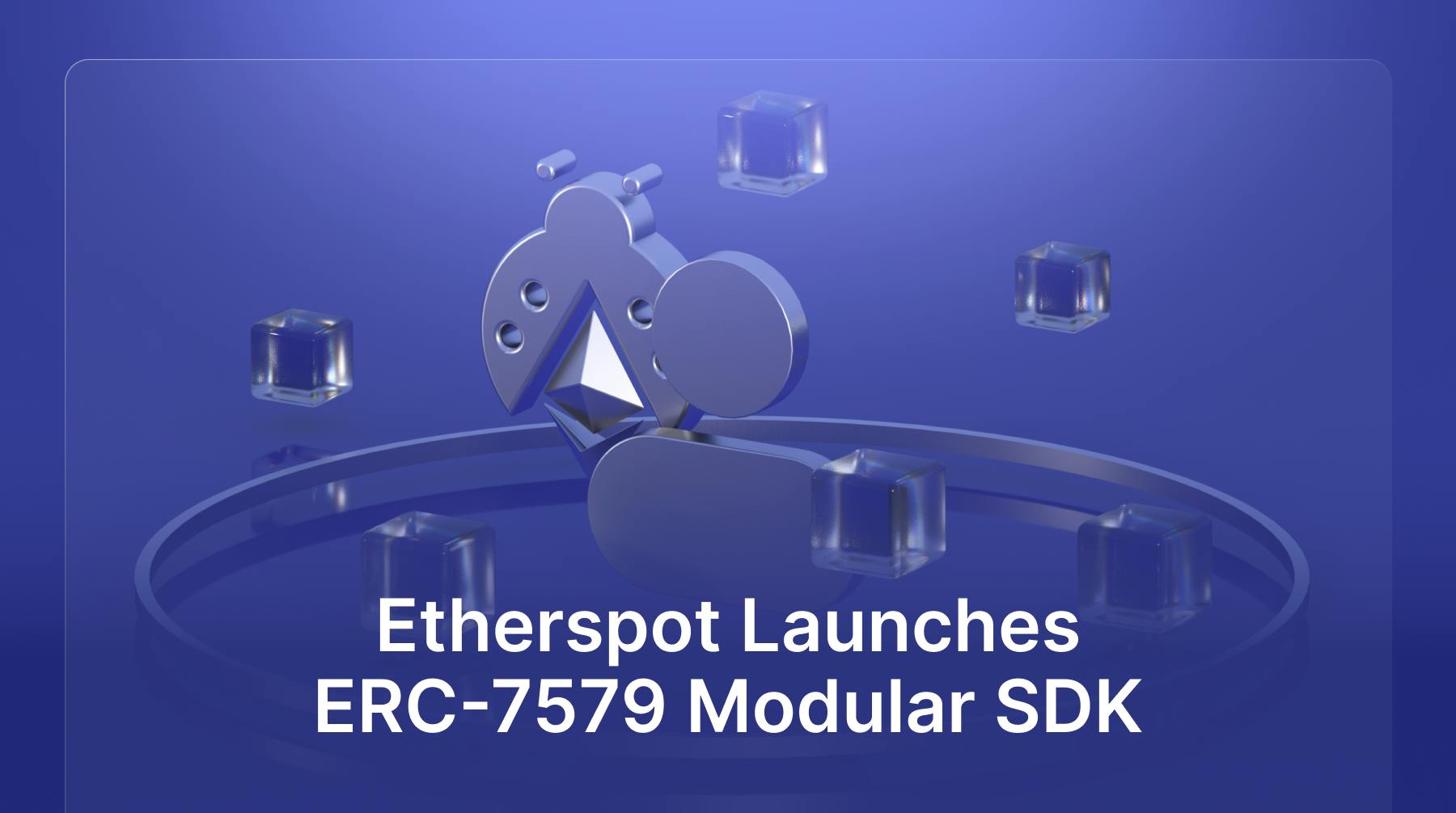Audio Presented by

Etherspot is an Account & Chain Abstraction development platform, delivering a frictionless Web3 user experience
About Author
Etherspot is an Account & Chain Abstraction development platform, delivering a frictionless Web3 user experience
Comments
TOPICS
Related Stories
ERC-1190 and the Art Market
Oct 12, 2018
ERC-1190 and the Art Market
Oct 12, 2018
